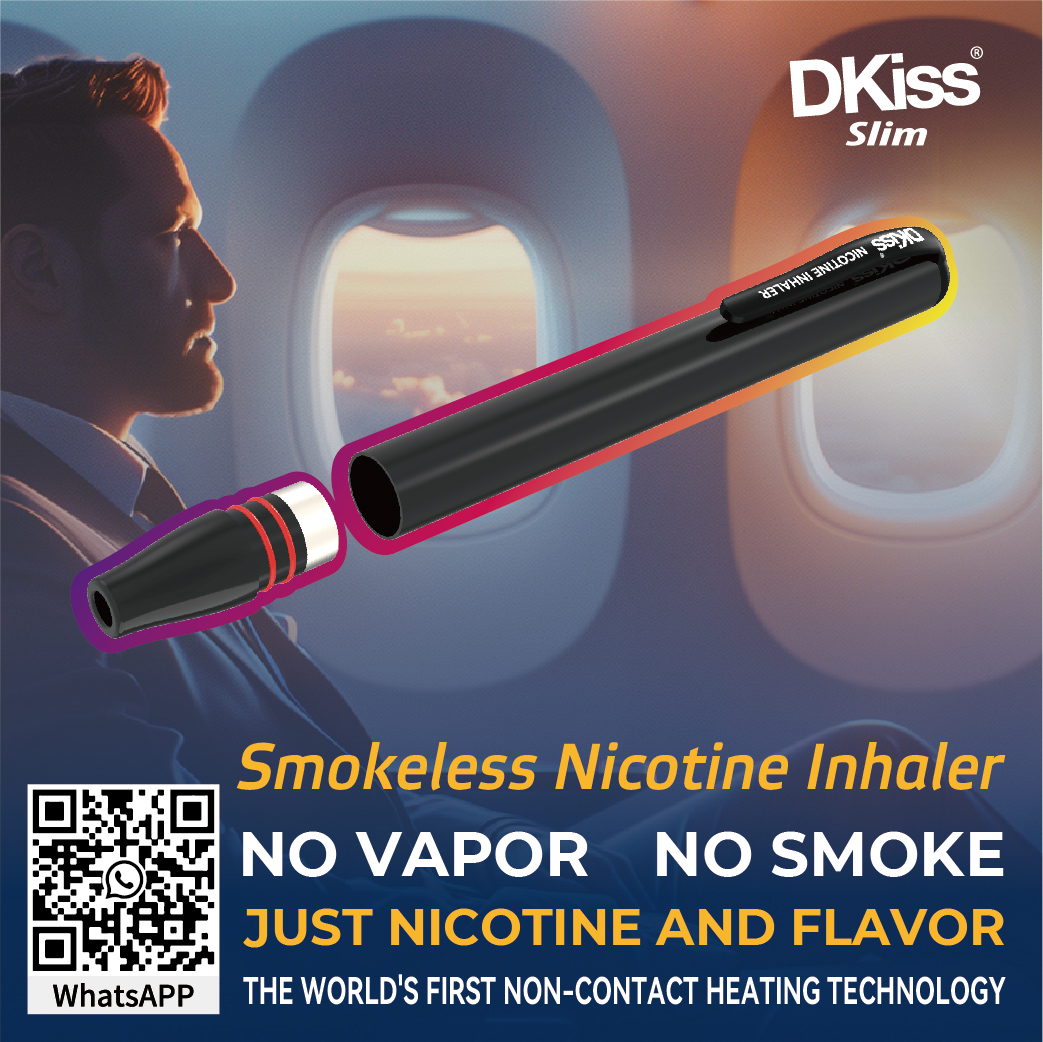U.S. Urged to Bolster Post-Employment Rules
- Business News This Week
- October 31, 2024
- 4 minutes read


Public policy experts are calling for stronger federal post-employment regulations as U.S. regulators, including those overseeing the tobacco business, are increasingly losing talent to the private sector.
A recent article in The Examination details how, over the past 15 years, nearly two dozen lawyers have left the U.S. Food and Drug Administration and its Center for Tobacco Products to advise, litigate for or work with the tobacco and vaping industry.
“It seems like every time we get sued in the tobacco industry, a former FDA lawyer is leading the lawsuit,” Commissioner Robert Califf told an FDA oversight organization last year.
After gaining FDA experience, lawyers can significantly increase their salaries by moving to a major law firm or corporation. While a lawyer’s salary in the FDA’s chief counsel’s office, for example, starts at around $83,000, a first-year lawyer at a firm made on average $200,000 a year in 2023, according to the National Association for Law Placement.
Daniel Aaron, a former FDA attorney, says lawyers who’ve left the agency to work on behalf of the tobacco industry not only increase their renumeration but can also have a powerful impact on what lands on store shelves.
“It’s a huge advantage to getting your product to market.” said Aaron, now a University of Utah law professor. “Ex-FDA lawyers know what the agency is worried about, and how a client can maximize its options. They know not just what the law is, but they know how the FDA will enforce the law.”
Federal post-employment rules also bar former employees from communicating with or lobbying a federal employee for two years on behalf of a client or employer under certain circumstances. That said, employees are allowed to work “behind the scenes” advising clients, according to the FDA’s post-employment guidelines.
Genevieve Kanter, a professor at the University of Southern California who co-published a study in 2023 on the revolving door in health care regulation, believes the rules should be strengthened if society is truly interested in preserving independent government.
Kanter’s study focused specifically on conflicts of interest of employees at the highest level of the U.S. Department of Health and Human Services; It found that 38 percent percent of the political appointees from the FDA went into private industry, the fourth highest out of roughly two dozen offices and divisions.
Eric Lindblom, director of the Center for Tobacco Products’ Office of Policy from 2011 to 2016, proposed blocking former staff from working for the tobacco industry for at least one or two years, in all cases, after leaving the policy office. “I thought it was really important that we had that independence,” said Lindblom, now a senior scholar at Georgetown University’s O’Neill Institute.
The proposal went nowhere.
The Examination is a publication supported by Bloomberg Philanthropies.

